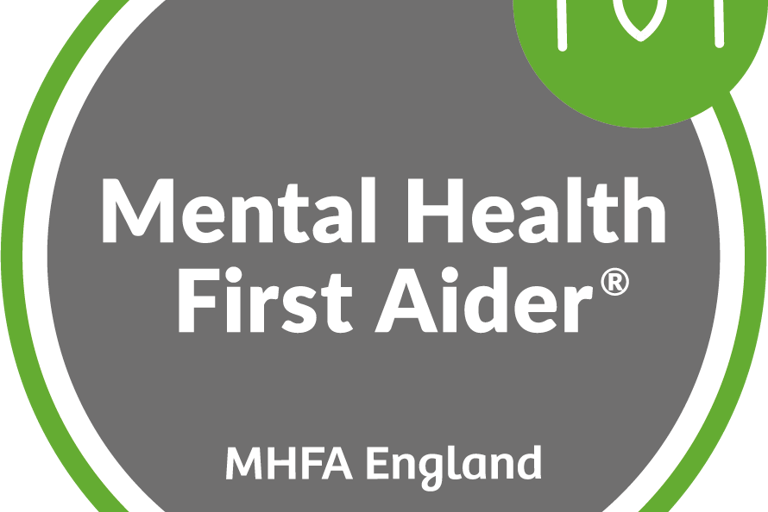Setting Healthy Boundaries: A Guilt-Free Guide
6/20/20252 min read


Understanding the Importance of Boundaries
Setting healthy boundaries is essential for our well-being, yet many individuals struggle with the idea of doing so. Why? Often, it stems from guilt. We worry that putting our needs first may disappoint others or make us seem selfish. However, establishing these limits in our lives is not only necessary but can foster healthier relationships. It's important to remember that boundaries reflect our values and prioritise self-care. They’re about respect—both for ourselves and for others.
Recognising When You Need Boundaries
Have you ever felt overwhelmed by the requests of friends, family, or colleagues? Or maybe you've found yourself saying 'yes' when you really wanted to say 'no'? These are clear signs that you need to establish boundaries. It might be saying 'no' to extra work when your plate is already full, or telling a friend that you can't help them move because it impacts your own downtime. Pay close attention to how you feel when you’re stretched too thin. These feelings signal that it's time to set limits.
How to Set Boundaries Without Guilt
Now that you've recognised the need for boundaries, let’s dive into how to establish them without that nagging sense of guilt. Here are a few practical tips:
Communicate Clearly: Be direct and honest when you express your boundaries. For instance, if a friend asks for a favour, a simple 'I can’t help with that right now, but I appreciate you thinking of me' can suffice.
Practice Self-Reflection: Before responding to requests, take a moment to assess how you genuinely feel. If you're hesitant, it's a signal that you may need to prioritise your own needs.
It’s Okay to Say No: Remember that saying no is a complete sentence. You don't owe anyone a detailed explanation for prioritising your own health and happiness.
Be Consistent: People may test your boundaries, so it's essential to stay consistent. If you waver, it can send mixed signals about your limits.
Lastly, practice self-compassion. It's perfectly normal to feel guilty at times when changing long-standing habits. But, with each successful boundary you set, you'll become more confident in your ability to safeguard your time and energy. Over time, the guilt will lessen, and you'll likely realise the positive effects of these boundaries on your life and relationships.
In conclusion, setting healthy boundaries is not just a self-care practice; it's a fundamental aspect of building honest relationships. Embrace the idea that you can say no without feeling guilty—and watch how your life transforms as you usher in a newfound sense of balance and respect for yourself!






